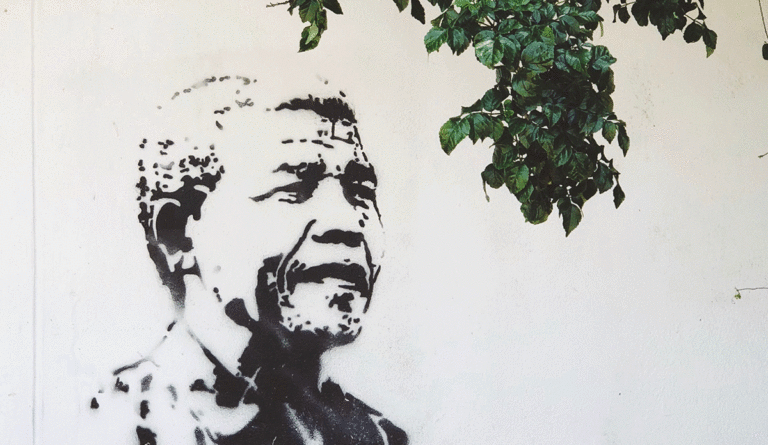How Are We Doing?
We must tune ourselves to the human, emotional impact of our healthcare technology advances to lower human suffering and build healthier healthcare systems.

Read Time: 4 minutes
Published:
What do we want from our healthcare system? What do we need from it? And what is the role of technology in helping us feel better?
There are so many ways that healthcare technology has advanced to help people live better lives in the last few decades: pacemakers, CT scans, interventional radiology, insulin pumps, digital records, genome sequencing, big data. Billions of dollars each year are invested in health technologies to help promote cutting-edge video visits with doctors, artificial-intelligence-driven oncology treatment, new sensors, software, and devices.
Yet human suffering is not only persisting in America. There are signs that it is increasing. We’re falling on the global happiness index. Life expectancy is dropping in the US for the first time in decades. Our doctors are burned out and increasingly suicidal. Addiction to prescription medication is an epidemic. The concept of “financial toxicity”–when patients can’t afford their care–is now mainstream. We are at a breaking point.
At the South by Southwest conference earlier this year, the conversations in Austin took a remarkably sober turn. Yes, there were still all the free drinks and T-shirts and herds of eager young founders seeking their big break that you would expect. Yet there was a real trend of reflection from the main stage. Is all this technology helping or hurting us? Even Adweek reported: “after a decade of technology hero worship in business and culture, it is perhaps no surprise that we’re ready for some mature and far-reaching reflection on where we’re headed in the future and what role technology can and should play in defining that future.”
Let’s bring that mature reflection back to health care, our nation’s most expensive and growing sector. How can we apply the best of our technology advances to help the most vulnerable, to reduce human suffering? In the focus of this very specific goal, our extremely complicated healthcare sector starts to seem much simpler.
Technology can help us listen and find the people who need the most help.
Imagine a healthcare system where reducing suffering for patients and providers was the primary benchmark. What could this look like? In many ways, it is about doing less, not more. Fewer repeat tests and procedures with low impact on outcomes. More thoughtful palliative end-of-life care. Less burden on patients to coordinate their own care and chase down their medical records. Less administrative work for providers and more time for human compassion.
It’s not a far-out-there hypothetical. Human suffering can be measured and managed just like anything else. Researchers in the late 1980s created a global Human Suffering Index that ranked countries on “life expectancy, daily caloric intake, clean drinking water, infant immunization, secondary school enrollment, gross national product per capita, the rate of inflation, communication technology, political freedom, and civil rights.”
What if we created our own “Health Suffering Index”? What would be included in the formula? For me: Fast, affordable access to primary care services including mental health and health records. Real commitment to provide the kinds of non-hospital end-of-life care most of us want. More ibuprofen and less opioids. Home visits with nurses. Coordination with social services to ensure housing and food essentials are covered. Changes to reduce clinician burnout and time patients spend managing their own care. What would you include?
In healthcare and in technology, it is time we started measuring suffering alongside our other benchmarks of monthly active users and revenue, to tune ourselves to the human, emotional impact of our advances. Technology can help us listen and find the people who need the most help. We can reduce cost and waste. We can use data to connect and understand. We can build a healthier healthcare system for providers and patients.
As our technology advances, we should not lose sight of what Nelson Mandela said: “Our human compassion binds us the one to the other—not in pity or patronizingly, but as human beings who have learnt how to turn our common suffering into hope for the future.”
Photo by John-Paul Henry on Unsplash



